Top 5 Towbar Types: A Comprehensive Guide
Published Date: 12th May 2023
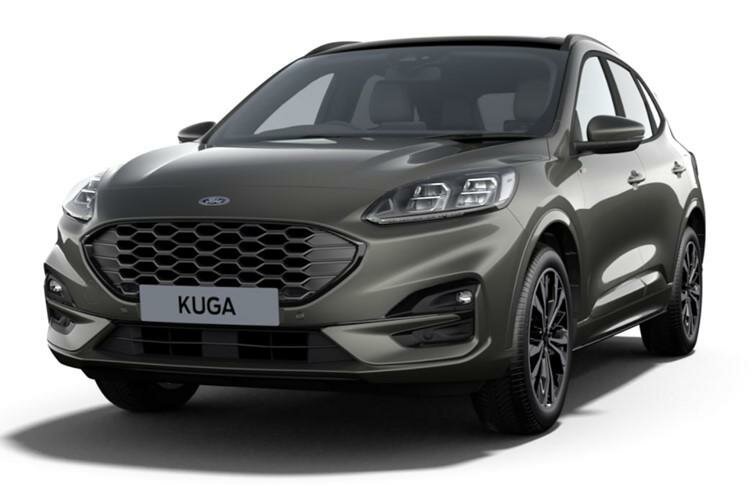 Towing is common practice for many New Car Owners, whether hauling trailers, boats, or other heavy loads. Choosing the correct towbar is crucial to ensure safe and efficient towing experiences. With a variety of options available, it's essential to understand the differences and uses of each towbar type. We explore the top five towbar types, their descriptions, and their intended purposes, empowering you to make informed decisions.
Towing is common practice for many New Car Owners, whether hauling trailers, boats, or other heavy loads. Choosing the correct towbar is crucial to ensure safe and efficient towing experiences. With a variety of options available, it's essential to understand the differences and uses of each towbar type. We explore the top five towbar types, their descriptions, and their intended purposes, empowering you to make informed decisions.
SEARCH FOR NEW CARS FOR TOWING A CARAVAN OR BOAT
1 - Fixed Towbars
When it comes to towing, fixed towbars are the most common and widely used type. Understanding their advantages and disadvantages is essential for new car buyers considering this option enabling you to make an informed decision based on your towing needs.
Pros of Fixed Towbars:
Excellent Stability and Strength: Fixed towbars offer exceptional stability and strength, making them an ideal choice for towing heavy loads or trailers. Their permanent attachment to the vehicle ensures a secure and reliable towing experience.
Cost-Effective Solution: Compared to other towbar types, fixed towbars are relatively inexpensive to purchase and install. This makes them a budget-friendly option, particularly for those who tow regularly and require a dependable towing setup without breaking the bank.
Permanent Attachment: Once installed, fixed towbars become a permanent part of your vehicle. This eliminates the concern of misplacing or losing the towbar, providing peace of mind knowing that it is always ready for use whenever needed.
Cons of Fixed Towbars:
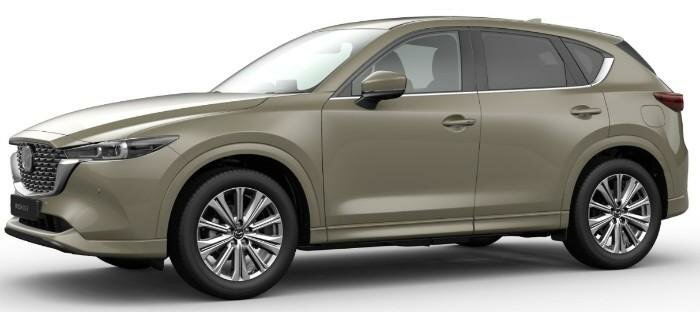 Aesthetics Consideration: One drawback of fixed towbars is their potential impact on your car's appearance. They can alter the vehicle's overall look as they are permanently attached. If maintaining the original aesthetic appeal of your car is a priority, consider exploring alternative towbar options.
Aesthetics Consideration: One drawback of fixed towbars is their potential impact on your car's appearance. They can alter the vehicle's overall look as they are permanently attached. If maintaining the original aesthetic appeal of your car is a priority, consider exploring alternative towbar options.
Manoeuvrability Challenges: Fixed towbars can present challenges when manoeuvring in tight spaces. Their rigid structure and protrusion from the vehicle's rear may limit manoeuvrability and make it more difficult to navigate narrow areas or park in tight spots. Consider your typical driving and parking scenarios before opting for a fixed towbar.
Lack of Removability: Once a fixed towbar is installed, it cannot be easily removed when not in use. A fixed towbar means the towbar will be visible and present even when you are not towing. If your car's appearance is a significant concern or you prefer a more flexible towing setup, a detachable towbar may be more suitable.
Considering the pros and cons mentioned above is crucial when deciding whether a fixed towbar aligns with your towing requirements and personal preferences. Assess the importance of stability, strength, and cost-effectiveness in your towing endeavours while considering the potential impact on your car's appearance and manoeuvrability needs.
SEARCH FOR NEW CARS FOR TOWING A CARAVAN OR BOAT
2 - Detachable Towbars
When it comes to towing, detachable tow bars offer a versatile and flexible solution for those who tow occasionally or prioritize the aesthetic appearance of their vehicle. In this article, we will delve into the pros and cons of detachable tow bars, empowering new car buyers to make an informed decision based on their towing needs and preferences.
Pros of Detachable Tow Bars:
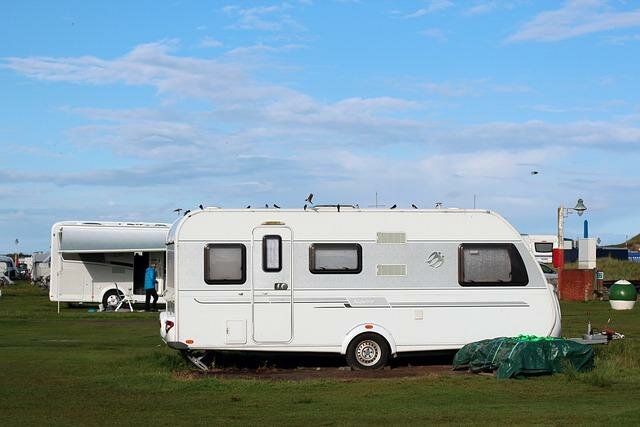 Flexibility and Convenience: Detachable tow bars can easily remove the tow bar when unused. This allows you to maintain your vehicle's clean and sleek appearance when you don't require towing capabilities; whether you tow sporadically or prefer a more versatile towing setup, a detachable tow bar offers the necessary flexibility.
Flexibility and Convenience: Detachable tow bars can easily remove the tow bar when unused. This allows you to maintain your vehicle's clean and sleek appearance when you don't require towing capabilities; whether you tow sporadically or prefer a more versatile towing setup, a detachable tow bar offers the necessary flexibility.
Preserving the Aesthetic Appeal: If you value the aesthetic appearance of your vehicle, a detachable tow bar is an excellent choice. When not in use, these tow bars leave no visible traces behind, preserving the original look of your car. This is especially important for those who want to maintain the stylish design of their vehicle without compromising its visual appeal.
Manoeuvrability in Tight Spaces: Unlike fixed tow bars, detachable tow bars do not protrude from your vehicle's rear when detached. This can significantly improve manoeuvrability in tight spaces, making navigating narrow streets, parking lots, or other confined areas easier. A detachable tow bar may be ideal if you frequently encounter challenging parking situations.
Cons of Detachable Tow Bars:
Installation and Removal Process: Compared to fixed tow bars, detachable tow bars require an additional step of installation and removal. While they are designed for easy detachment, it's important to note that attaching and detaching the tow bar may require a few minutes of your time. If you frequently switch between towing and non-towing modes, consider whether the installation and removal process aligns with your needs.
Higher Cost: Detachable tow bars generally come at a slightly higher cost compared to fixed tow bars. The added convenience and versatility they provide contribute to the increased price. However, the additional investment may be worthwhile if flexibility and aesthetic preservation are paramount to you.
Risk of Misplacement: Since detachable tow bars can be removed, there is a risk of misplacing or losing the tow bar; having a secure storage location and establishing a routine for safekeeping the tow bar when not in use is crucial. This will help ensure that it is readily available when you need it and minimize the chances of misplacement.
3 - Swivel Towbars
Swivel towbars are a type of detachable towbar that offers an additional advantage: a 360-degree rotation capability for the ball. This feature simplifies backing up and connecting to a trailer, particularly for those who frequently tow large trailers or need to manoeuvre in tight spaces. If you require enhanced manoeuvrability and ease of connection, a swivel towbar is an excellent choice.
Pros of Swivel Tow Bars:
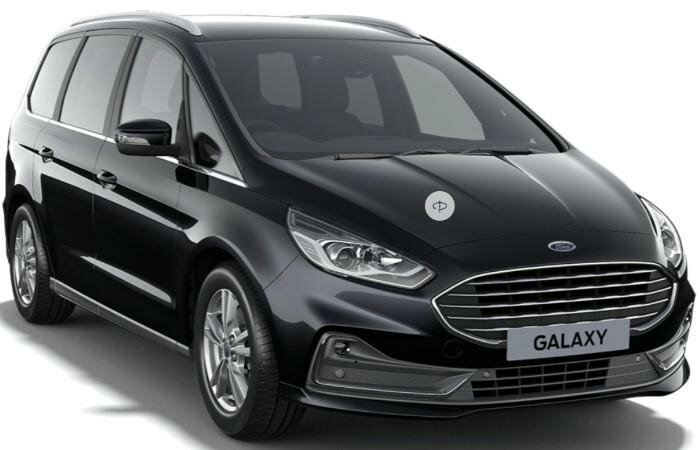 Enhanced Maneuverability: Swivel tow bars excel in providing enhanced manoeuvrability during towing. With their unique 360-degree rotation capability, these tow bars simplify backing up and connecting to a trailer. If you frequently find yourself manoeuvring in tight spaces or navigating challenging parking scenarios, a swivel tow bar can significantly ease the process and enhance your towing experience.
Enhanced Maneuverability: Swivel tow bars excel in providing enhanced manoeuvrability during towing. With their unique 360-degree rotation capability, these tow bars simplify backing up and connecting to a trailer. If you frequently find yourself manoeuvring in tight spaces or navigating challenging parking scenarios, a swivel tow bar can significantly ease the process and enhance your towing experience.
Convenient Connection: The ability to rotate the tow ball in any direction makes connecting to a trailer a breeze. This can be particularly advantageous for those who tow large trailers or frequently switch between different trailers. The swivel feature eliminates the need for precise alignment, saving time and effort during the connection process.
Versatile Towing: Swivel tow bars offer versatility in towing applications. Whether you tow large trailers, caravans, boats, or other recreational vehicles, the 360-degree rotation capability ensures compatibility and ease of connection. This versatility expands your towing possibilities and accommodates various towing needs.
Cons of Swivel Tow Bars:
Cost: Swivel tow bars generally come at a higher cost compared to standard detachable tow bars. The added rotation mechanism and enhanced functionality contribute to the increased price. However, the additional investment may be worthwhile if you value the convenience and manoeuvrability of swivel tow bars.
Installation Complexity: Due to their additional features and moving parts, swivel tow bars may have a more complex installation process than standard detachable tow bars. Ensuring proper installation and adherence to safety standards guarantees optimal performance and reliability.
Regular Maintenance: Swivel tow bars may require frequent maintenance than fixed or standard detachable tow bars. The rotating mechanism and additional moving parts need periodic inspection, lubrication, and care to ensure smooth operation. By following the manufacturer's guidelines and performing routine maintenance, you can maximize the lifespan and performance of your swivel tow bar.
4 - Hidden Towbars:
If maintaining the sleek look of your car is a priority, a hidden towbar is an ideal solution. Aesthetics play a significant role for many vehicle owners, and hidden towbars are designed precisely with that in mind. These towbars are discreet and remain hidden when not used, seamlessly integrating into the vehicle's rear without compromising appearance.
Pros of Hidden Tow Bars:
 Aesthetically Pleasing: Hidden tow bars are meticulously crafted to blend seamlessly with the rear of your vehicle. By remaining hidden when not in use, these tow bars maintain your car's sleek and sophisticated look without drawing unnecessary attention to the towing apparatus. If retaining the aesthetic appeal of your vehicle is a top priority, a hidden tow bar offers an ideal solution.
Aesthetically Pleasing: Hidden tow bars are meticulously crafted to blend seamlessly with the rear of your vehicle. By remaining hidden when not in use, these tow bars maintain your car's sleek and sophisticated look without drawing unnecessary attention to the towing apparatus. If retaining the aesthetic appeal of your vehicle is a top priority, a hidden tow bar offers an ideal solution.
Minimal Impact on Vehicle Design: Unlike other tow bar types that may protrude or disrupt the vehicle's design, hidden tow bars are designed to have minimal impact on the overall aesthetics of your car. They are engineered to integrate flawlessly, complementing the vehicle's original design and preserving its visual appeal. This allows you to enjoy the benefits of a tow bar while maintaining the authentic elegance of your car.
Versatile Usage: Hidden tow bars offer versatility in terms of towing applications. Whether you need to tow trailers, caravans, or other recreational vehicles, these tow bars provide the necessary towing capability without compromising the visual integrity of your car. You can seamlessly switch between towing and everyday driving, appreciating hidden tow bars' flexibility and convenience.
SEARCH FOR NEW CAR DEALS FOR TOWING A CARAVAN OR BOAT
Cons of Hidden Tow Bars:
Limited Tow Weight Capacity: One consideration with hidden tow bars is their potential limitation in tow weight capacity compared to other tow bar types. Due to their discreet and integrated design, hidden tow bars may have a lower weight capacity. It is crucial to check the manufacturer's specifications and ensure that the tow bar suits your specific towing needs.
Installation Complexity: Hidden tow bars may require more intricate installation than other options. It is advisable to seek professional installation from experienced technicians to ensure proper fitment and alignment. The installation may involve the vehicle's rear modifications, ensuring a secure and hidden attachment point.
Cost: Hidden tow bars often come at a higher cost than standard fixed or detachable tow bars. The advanced design and integration features contribute to the increased price. However, the additional investment may be worthwhile for those who prioritize aesthetics and desire a seamless towing solution.
5 - Electrical Towbars
When towing a trailer with lights, compliance with legal requirements regarding lighting connections is essential. An electrical towbar is a must-have if you frequently tow trailers with lights. Electrical towbars come equipped with a wiring harness that enables you to connect your trailer's lights to your car's electrical system. This ensures proper functionality and compliance with regulations in most countries.
Pros of Electrical Tow Bars:
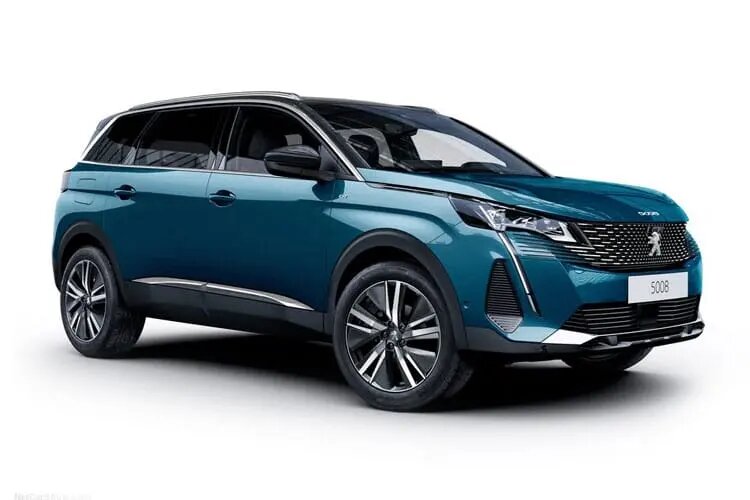 Legal Compliance: With the inclusion of a wiring harness, electrical tow bars ensure compliance with lighting regulations in most countries. By connecting your trailer's lights directly to your car's electrical system, you can ensure proper functionality and adherence to legal requirements. This guarantees increased safety on the road and mitigates the risk of potential fines or penalties due to non-compliance.
Legal Compliance: With the inclusion of a wiring harness, electrical tow bars ensure compliance with lighting regulations in most countries. By connecting your trailer's lights directly to your car's electrical system, you can ensure proper functionality and adherence to legal requirements. This guarantees increased safety on the road and mitigates the risk of potential fines or penalties due to non-compliance.
Convenient Lighting Connection: Electrical tow bars eliminate the need for manual light connections or additional adapters. The built-in wiring harness simplifies the process, allowing for a seamless connection between your car and trailer lights. This convenience saves time and effort, making it easier to prepare for towing without the hassle of external wiring or setup.
Enhanced Safety: By directly integrating the trailer lights with your car's electrical system, electrical tow bars enhance safety while towing. The synchronized operation of the lights ensures proper signalling, brake lights, and indicators, improving visibility and communication with other drivers on the road. This contributes to a safer towing experience, reducing the risk of accidents or misunderstandings.
SEARCH FOR NEW CAR DEALS FOR TOWING A CARAVAN OR BOAT
Cons of Electrical Tow Bars:
Additional Installation Complexity: Installing an electrical tow bar may require more intricate work than other tow bar types. Proper integration with the car's electrical system involves electrical connections and the routing of wires. It is essential to have the installation performed by a qualified professional to ensure correct wiring, proper insulation, and adherence to safety standards.
Higher Cost: Electrical tow bars generally come at a higher price than standard fixed or detachable tow bars. Including the wiring harness and electrical components adds to the overall cost. However, for those who frequently tow trailers with lights, the added convenience and compliance with legal requirements make the investment worthwhile.
Maintenance Considerations: Regular maintenance and inspections are crucial as electrical tow bars involve additional wiring and electrical components. It is essential to ensure that all connections remain secure, insulation is intact, and the wiring harness is protected from external elements. Regular checks and maintenance will help maintain optimal functionality and safety.
CALL 0161 946 3500 FOR THE LATEST NEW CAR DEALS
When selecting a towbar, several factors should be considered. Firstly, determine the weight of the trailer, caravan or boat you will tow to ensure the towbar's capacity matches your needs. Secondly, assess the frequency of your towing activities to decide whether a fixed or detachable towbar is more suitable. Please consider the terrain you will tow, as certain types may perform better on uneven or off-road surfaces.
Additionally, the appearance of your vehicle is a crucial consideration. Hidden towbars are a favourable option if you prioritize an unobtrusive towbar that seamlessly integrates with your car's design. Lastly, establish a budget that aligns with your requirements, considering both the cost of the towbar and its installation.
To ensure the proper installation and safe usage of your towbar, it is highly recommended to have it installed by a qualified professional. Their expertise will guarantee that the towbar is fitted correctly, meeting all safety standards and legal requirements.
By familiarizing yourself with the top five towbar types and carefully assessing your towing needs, you can confidently select the towbar that best suits your vehicle and towing requirements. Remember, a well-chosen towbar ensures your safety and enhances your towing experiences for years.
We understand the importance of modern car towing capacity at UK Car Discount. That is why we offer a wide range of vehicles, including those with Tow Bar preparation. Our team of experts can advise you in detail on your chosen car so you can make an informed decision.
Call us today at 0161 946 3500 to learn how we can help you with your next Next New Car.
